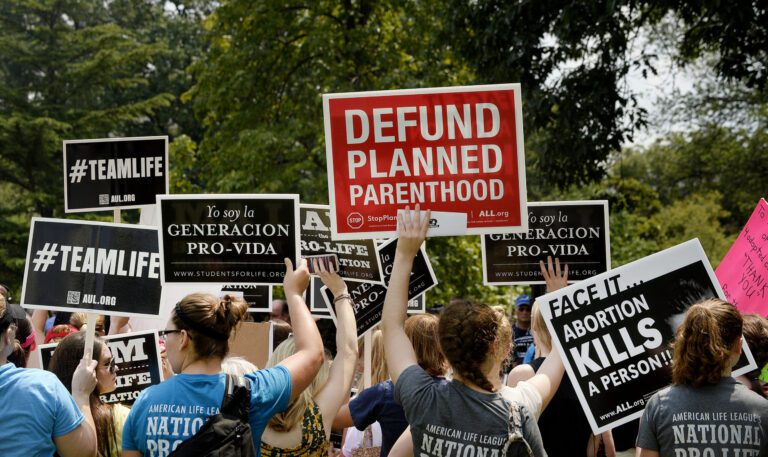Federal Judge Temporarily Blocks Planned Parenthood Funding Cut
A recent legal ruling has temporarily halted efforts to defund Planned Parenthood, as a federal judge issued a stay on a provision of the One Big Beautiful Bill Act. The decision came just hours after Planned Parenthood filed a lawsuit to protect its government funding.
Temporary Order from Judge Indira Talwani
On Monday evening, Judge Indira Talwani of the U.S. District Court in Massachusetts announced a temporary order that will remain in effect for 14 days. According to Talwani:
“Defendants, their agents, employees, appointees, successors, and anyone acting in concert or participation with Defendants shall take all steps necessary to ensure that Medicaid funding continues to be disbursed in the customary manner and timeframes to Planned Parenthood Federation of America and its members.”
Background of the Lawsuit
The legal action was initiated by Planned Parenthood and its Massachusetts affiliate on the same day, asserting that the defunding provision of the One Big Beautiful Bill Act violates the Bill of Attainder Clause of the U.S. Constitution. They argue that the act represents a targeted effort to undermine their organization while infringing on their First and Fifth Amendment rights.
Details of the “Defund Provision”
The contested provision falls under Section 71113 of the bill, which stipulates that no Medicaid funds can be allocated to organizations providing abortions for one year, with exceptions only in specific circumstances:
- In cases of rape or incest,
- For women facing life-endangering physical conditions related to their pregnancy.
Planned Parenthood argues that despite the bill not naming their organization directly, it is evidently aimed at punishing them, thus violating constitutional protections against legislative punishment.
Important Legal Arguments:
-
Bill of Attainder Clause: States that no person can face punishment via legislative action.
-
Fifth Amendment: Claims of violated equal protection based on statements from supporters of the bill who openly advocated for stripping funding from Planned Parenthood.
- First Amendment: Contends that the provision is a targeted attack due to Planned Parenthood’s advocacy for abortion rights.
Evidence of Retaliatory Intent
Planned Parenthood supports its claims by highlighting a history of failed congressional attempts to defund the organization, arguing that:
“Context confirms the retaliatory animus underlying the Defund Provision. Over a decade worth of failed attempts and public statements demonstrate that Congress passed the Defund Provision to target Planned Parenthood.”
Legal Landscape and Next Steps
As of now, the federal government has not yet responded to the lawsuit, which could influence upcoming proceedings. The Department of Health and Human Services, its head Robert F. Kennedy Jr., the Center for Medicare and Medicaid Services, and its administrator Mehmet Oz are the named defendants in this case.
Conclusion
The temporary ruling by Judge Talwani provides a crucial reprieve for Planned Parenthood as they navigate the complexities of federal funding and ongoing litigation. The outcome of this case will have significant implications not just for Planned Parenthood, but also for healthcare accessibility and reproductive rights nationwide.
For more detailed information on healthcare policies and legal battles surrounding reproductive rights, consider visiting resources like Planned Parenthood and the official U.S. Department of Health and Human Services.
Stay updated as this story develops.


